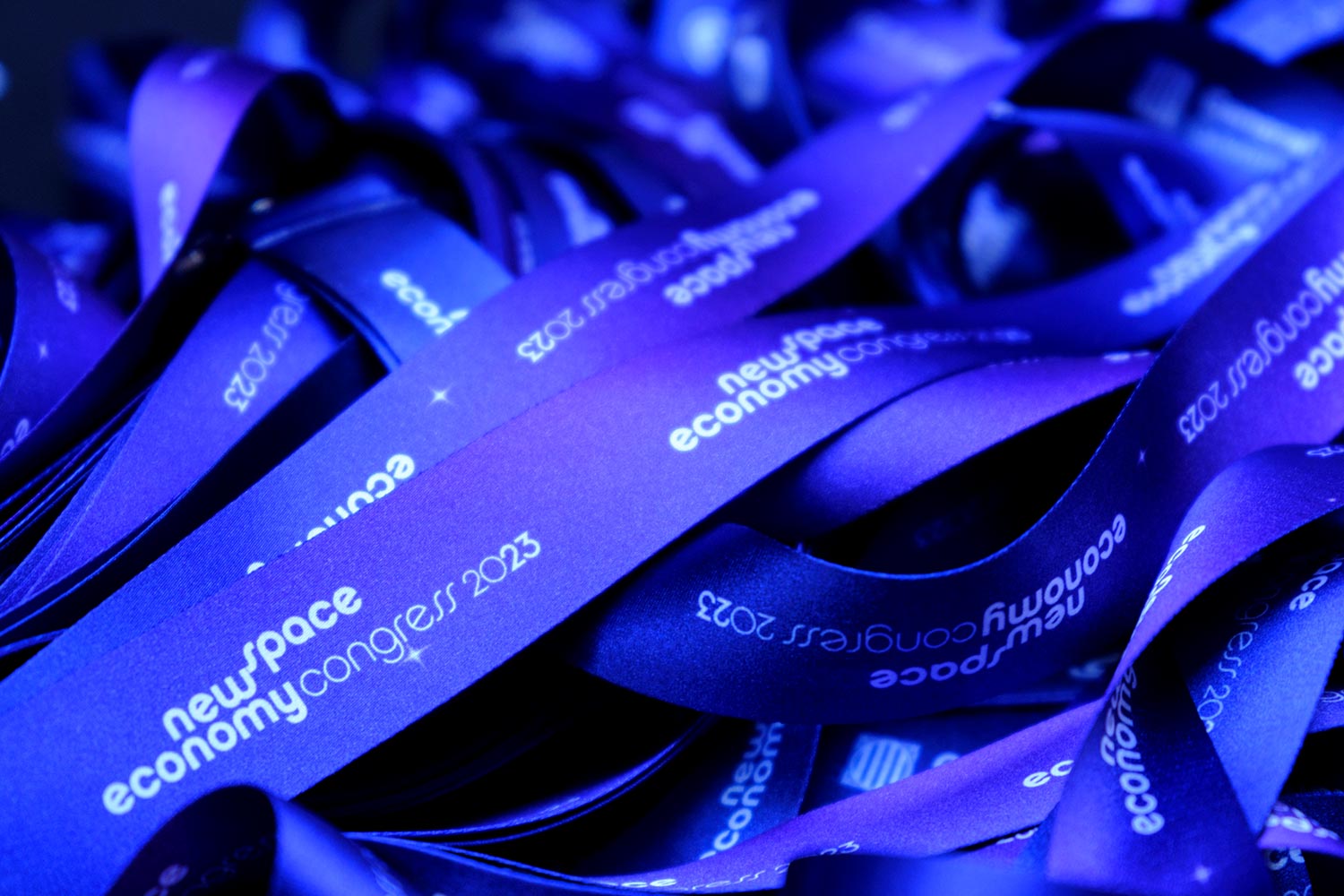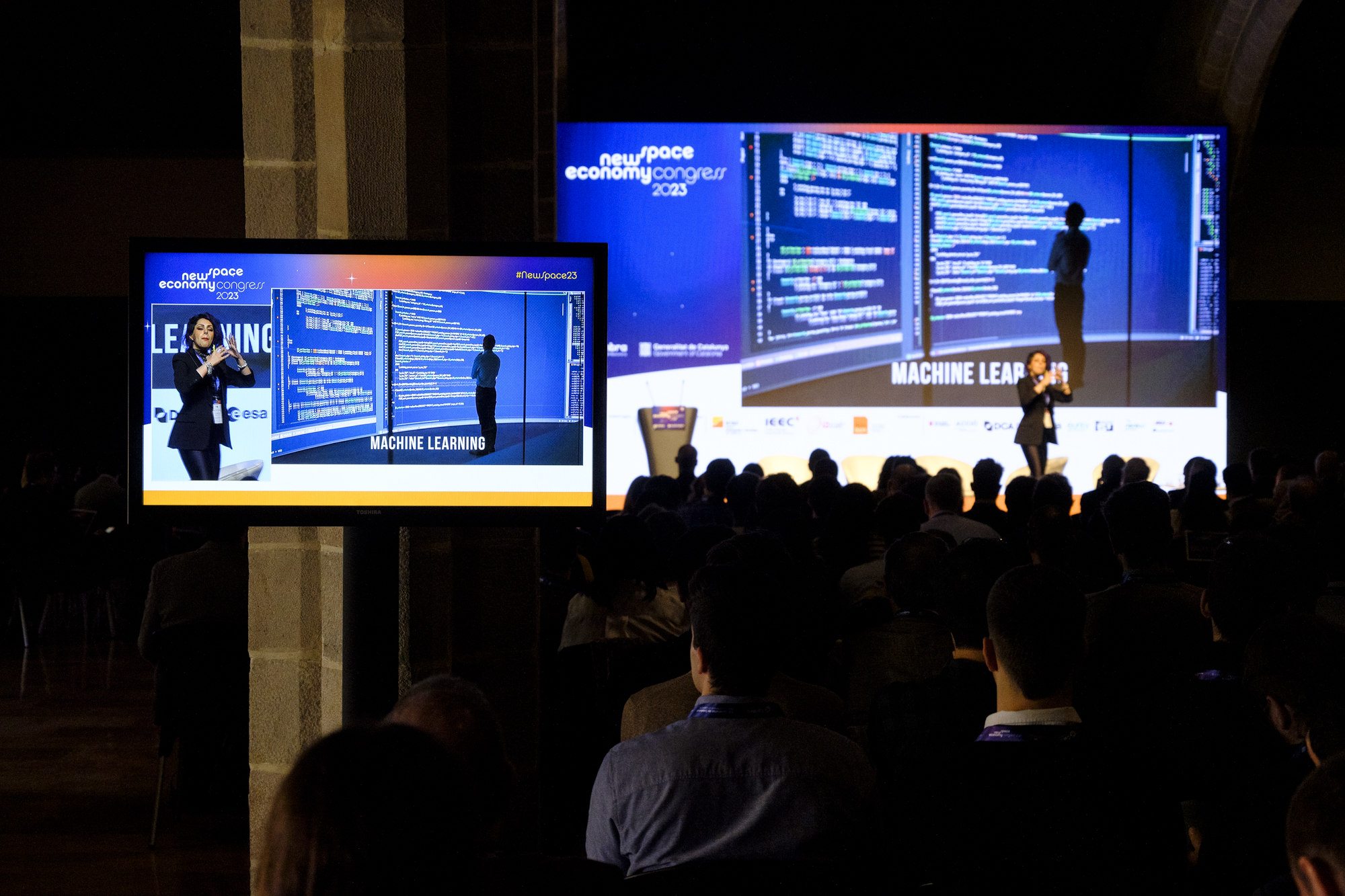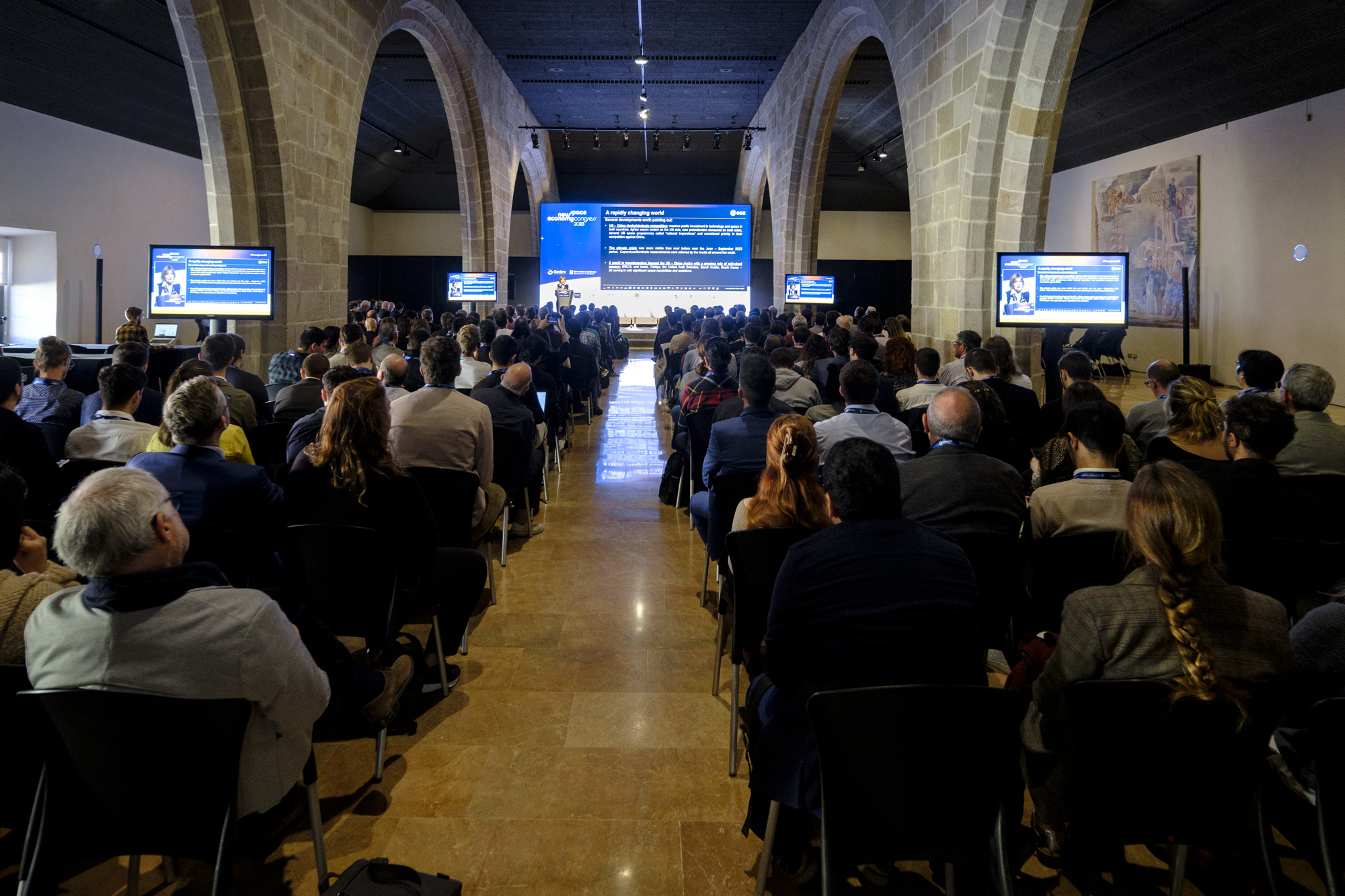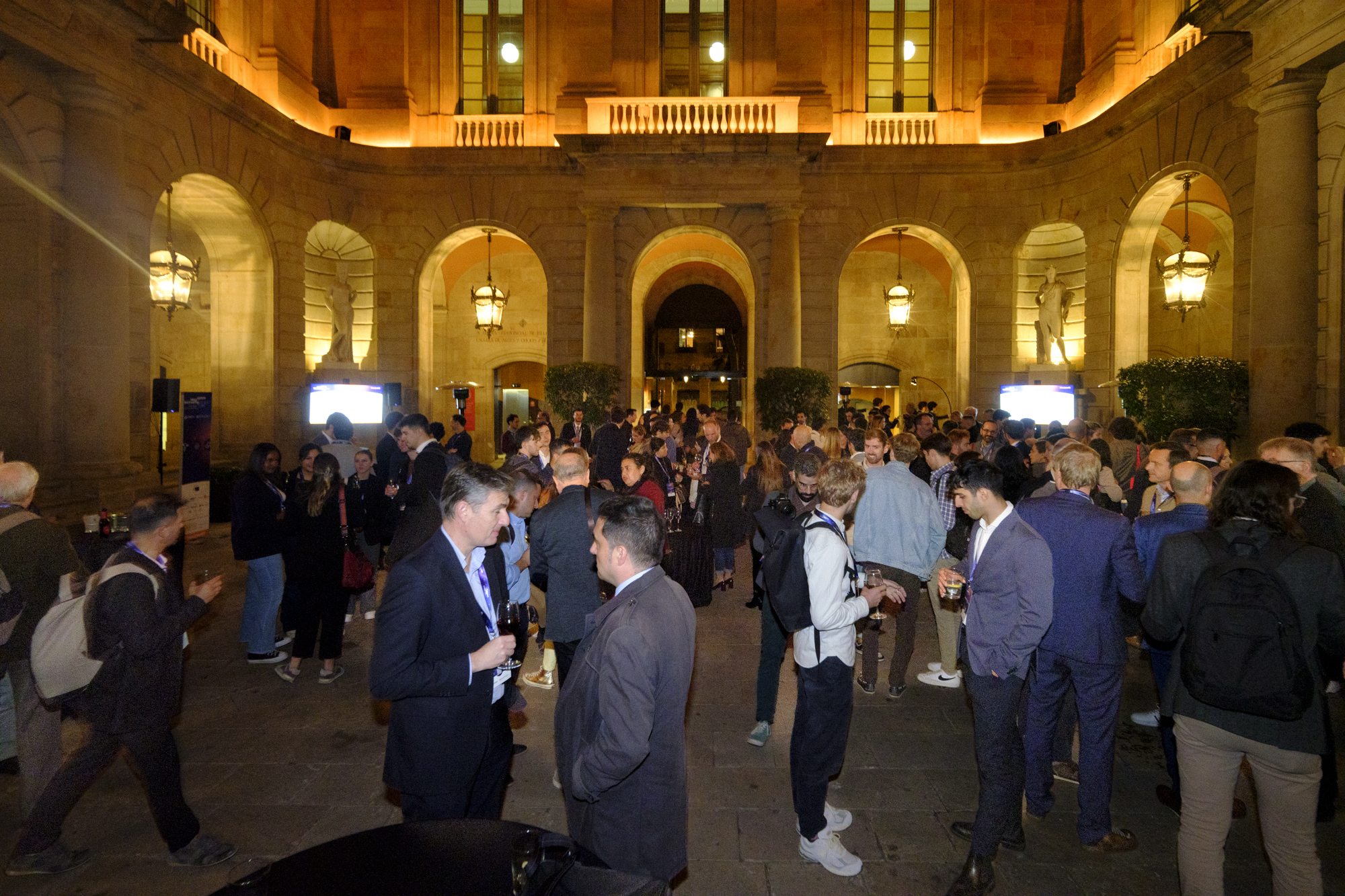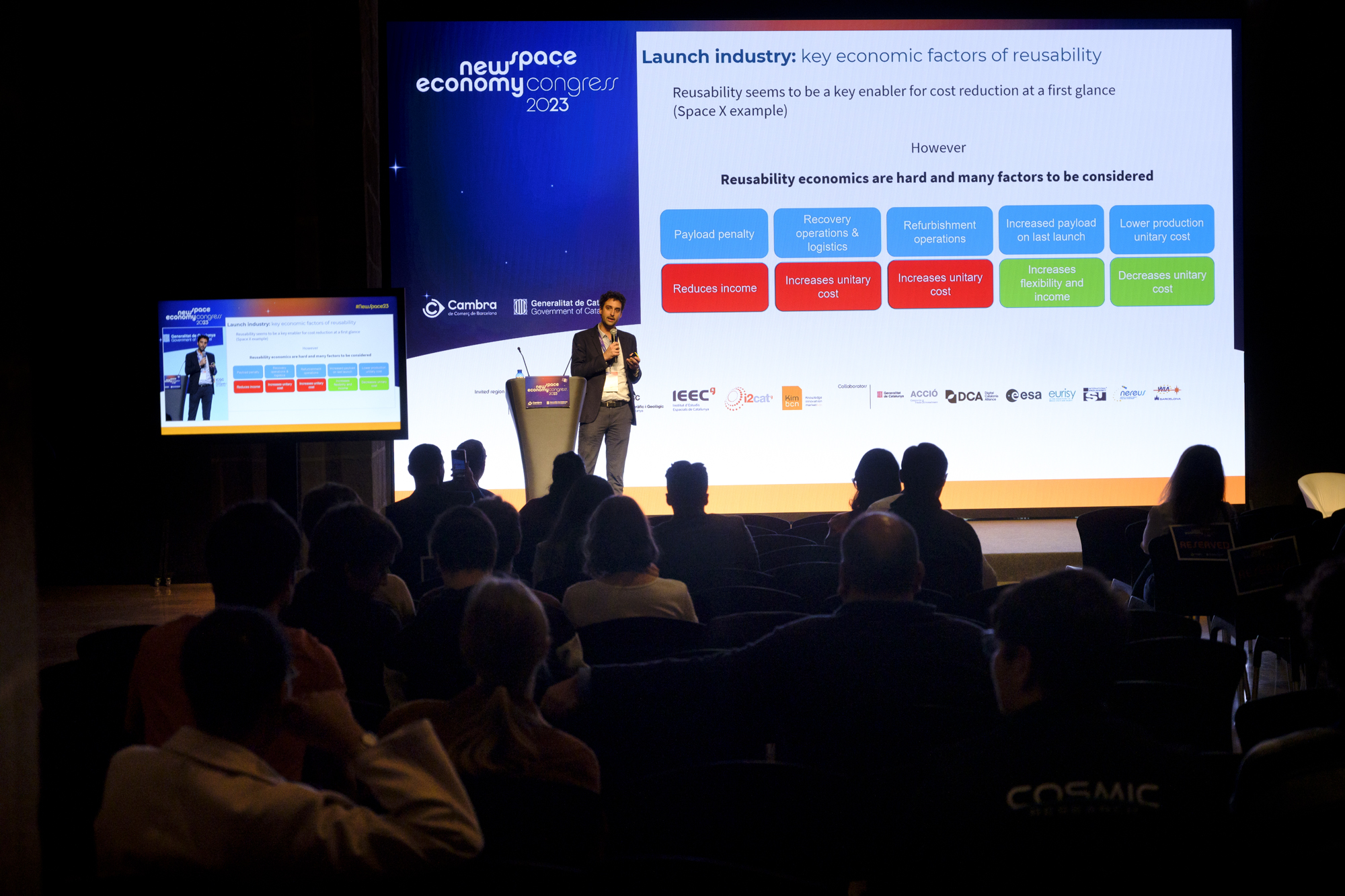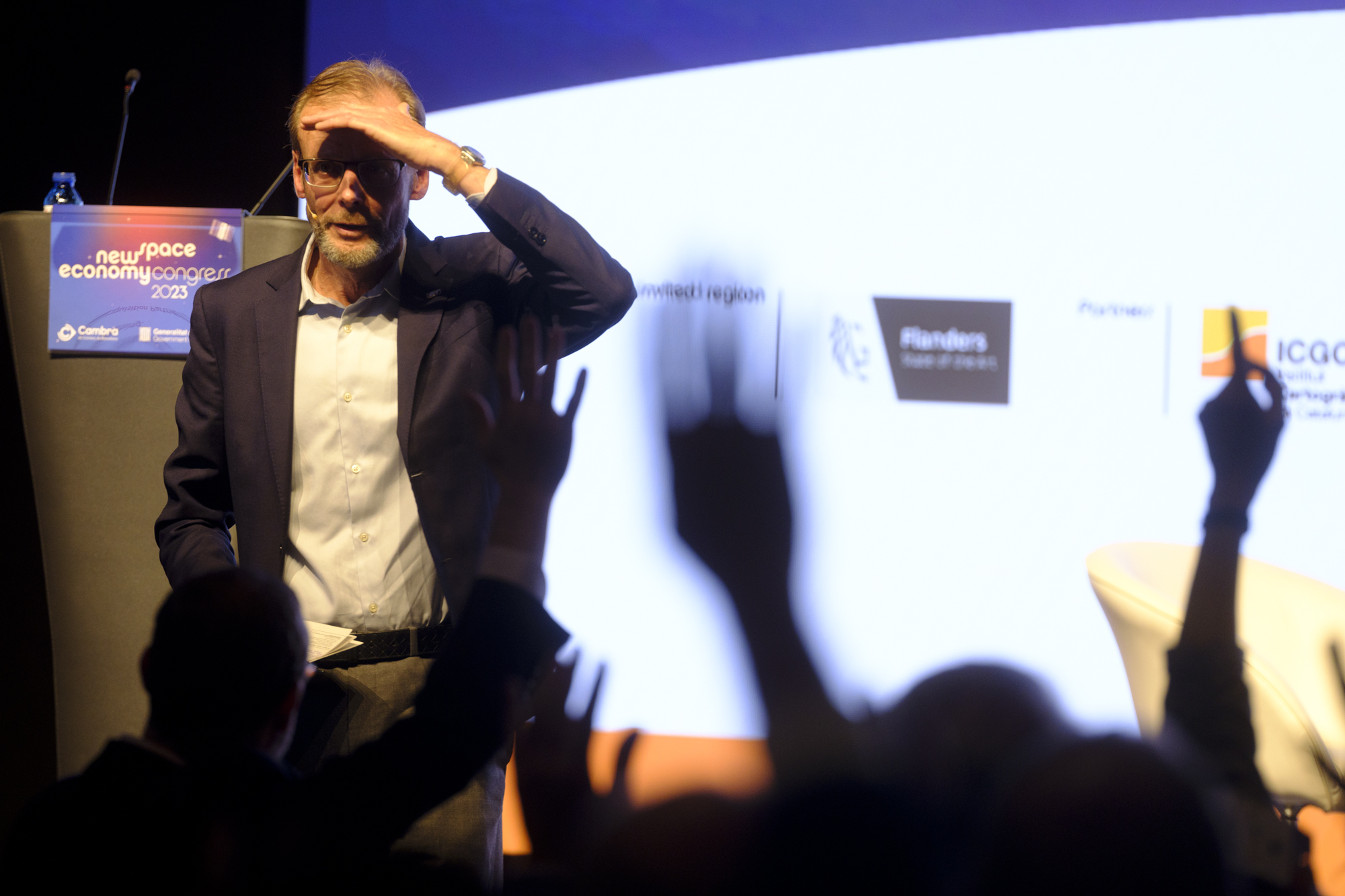The New Space Economy is characterized by the emergence of new players, such as private companies and startups, who are disrupting the traditional government-dominated space industry.
The sector is being driven by technological advancements that are reducing the cost of space exploration and making it more accessible to a wider range of players.
This includes activities such as the manufacture of small satellites, the launch of satellites and the development of space-based applications.
It is expected to create new business opportunities, generate economic growth, and drive innovation in a variety of industries.

In recent years, the emergence of the New Space or new space economy has been a real disruption in the space sector. This area was born thanks to the emergence of nanosatellites, small satellites with lower costs and faster development times. It is an area with a strong commercial orientation in the creation of its solutions and services.
This paradigm shift is promoting democratisation of the space sector, where SMEs and startups now have a place, and where governments like Catalonia can have very good positioning, creating a global opportunity for multiple business models across the value chain and promoting a large return on investments made in this area.
The Barcelona Chamber of Commerce initiated a firm commitment to the high-value-added economy, including the description of the space sector in its Catalonia 30/40 strategy as an innovative and developing technology sector, which will allow the promotion of other sectors such as telecommunications, mobility, environmental surveillance and civil protection.
In this framework, in February 2020, the Barcelona Chamber of Commerce organized the first New Space Economy Day, gathering more than 200 relevant Catalan entrepreneurs, companies, organizations and institutions to debate about the trends and new ways of doing business in this sector. At that first meeting, the government, the academic and research sector and the business sector were committed to boosting this new space economy.
A few months later, in October 2020, the Government of Catalonia approved the NewSpace Strategy of Catalonia, which has the Institute for Space Studies of Catalonia (IEEC), the i2CAT Foundation and the Cartographic and Geological Institute of Catalonia (ICGC) as promoters. The aim is to create a New Space sector innovation hub in Catalonia that encourages the country’s economic growth and improves people’s lives thanks to the solutions that result.
The Strategy deploys a programme of specific actions to strengthen the Catalan NewSpace ecosystem and lead knowledge generation, social and business application and the creation of new solutions based on satellitic data and on the use of new digital technologies. These actions are spread around 6 axes:
- Ecosystem.
- Research & Innovation.
- Talent & Society.
- Infrastructure & Data.
- Adoption of services.
- Legal framework.
In 2021, the New Space Economy Day was revalidated, this time organized by both the Barcelona Chamber of Commerce and the Government of Catalonia. The Day focused on highlighting the business opportunities generated by the space sector based on the testimony of the local stakeholders.
In 2022, the day leaps forward and is held in the form of a two-day congress, under the name of the New Space Economy Congress and with international and intersectoral speakers. The aim is to create and develop a business environment with a focus on the new space economy, promoting local ecosystem, networking and generating business opportunities.
In 2023, the New Space Economy Congress became 100% international, with an invited European region, Flanders. This edition focuses on the market, highlights the numerous applications that spatial data can provide to other sectors, and emphasizes the latest trends and developments. Thus, the New Space Economy Congress is consolidated as one of New Space’s annual international reference citations.
If you are concerned about sustainable mobility, the environment, sustainable agriculture, civil protection, disaster prevention, the Internet of Things, artificial intelligence or investments made at startups, we encourage you to participate in the New Space congress.
This year, the objective of the third edition of the event is to take a step towards a two-day congress, with international and intersectoral presence, in order to position Catalonia as a space hub.
Two days that will make Barcelona the centre of the new space economy dedicated to learning and understanding business opportunities such as: sustainability, new manufacturing systems, new business models, sustainable mobility and investment opportunities.
Why can’t you miss?
- We will have leading international and national rapporteurs.
- We will share the latest trends and how other business areas and other digital technologies can benefit.
- We will talk about talent, business creation and new space investment.
- Enable spaces for active networking among attendees.
- You will be able to meet first-hand members of the new space community.

